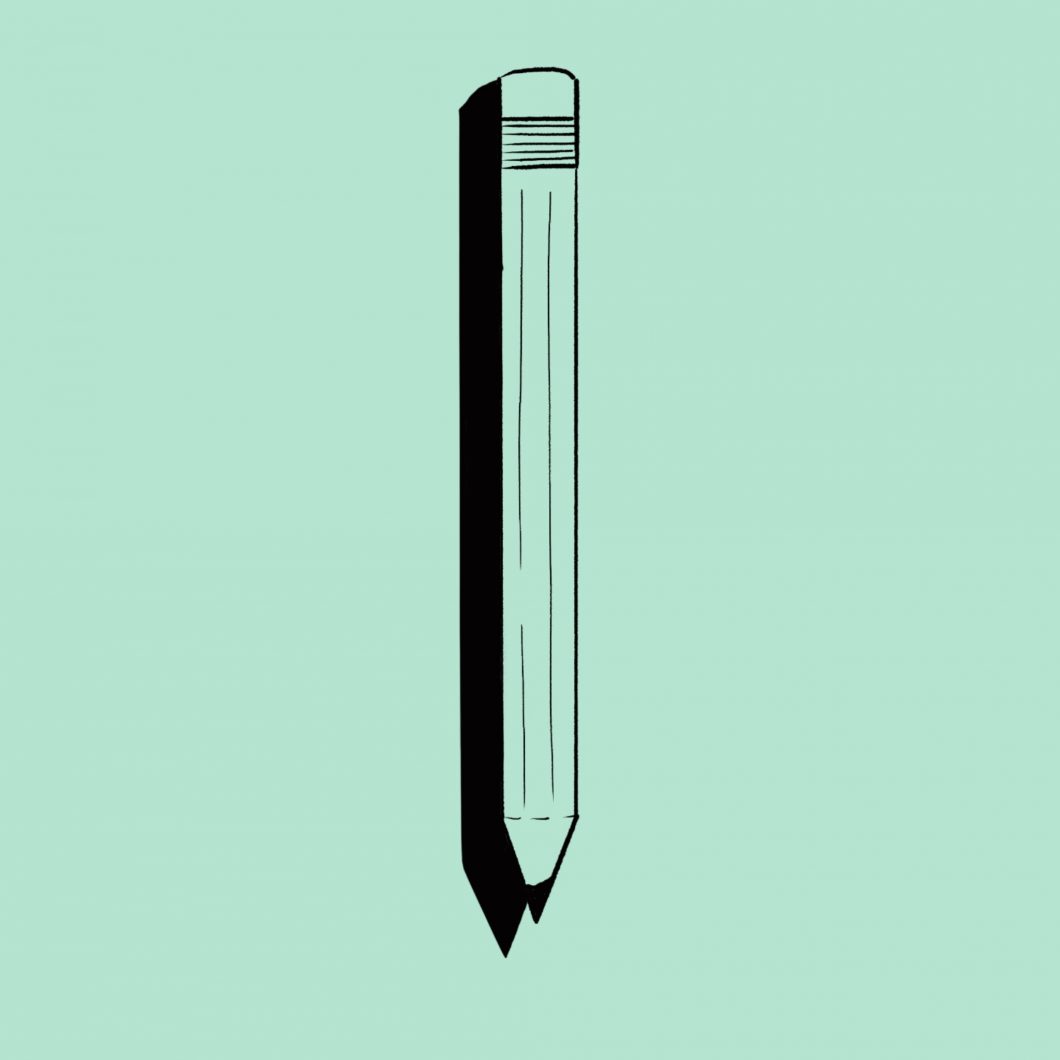Journaling is easy. Grab a pen and paper, or hop on a computer, and write down what’s on your mind. If that’s too vague, write down what you plan to do today, or what you’ve already done. If you really need a push, find a prompt by Googling “journal prompts” and you’ll have enough material for a lifetime.
There. That’s it. That’s how to journal. Easy, right?
Different Types of Journaling
Understand that there are many different types of journals. There are goal journals, travel journals, gratitude journals, prayer journals, food journals, just to name a few. But all journals provide an outlet to record activity and revisit it later. That’s the common purpose.
Before you pick a journal type, think about your goal. Are you wanting to simply dump your thoughts and ideas? Are you tracking your progress with something? Are you wanting to practice writing? Maybe it’s a combination of several things. Whatever you choose to achieve with your journaling, let that dictate your platform and routine (more on both of those things below).
The Benefits
Regardless of the type of journal you have, you should experience some benefits right from the start. The first thing you may notice is more clarity with your thoughts. That’s because you’ve taken the time to process what’s on your mind, which can also help you deal with stress. In this way, journaling is essentially a form of therapy. If you’re journaling about goals or plans, you’ll start to think deeper about your intentions, and how you live each day.
Keeping up a regular habit of journaling will provide even richer benefits. For starters, it will become easier for you to let go of your thoughts. You’ll sit down to write and things will just flow. What took you thirty minutes your first week of journaling, may only take you ten after you’ve done it for a year or so. Don’t misunderstand, you aren’t aiming to speed write. However, the quicker you can process your thoughts, the more thoughts you can put down in any given amount of time. The act becomes more productive.
Picking a Platform
Basically there are two ways to journal. One is analog, using paper and a writing utensil. The other is digital, using a computer, tablet, mobile device, or all three. It’s good to commit to one platform so all your journal entries are in one place. However, you may have several different types of journals, so it is possible to do both analog and digital at the same time.
Don’t mistake picking a platform for choosing to write or type. The line between analog and digital it getting fuzzy. You can write with a “pencil” on a digital device, so it is possible to have both handwritten and typed journal entries within the same digital platform.
Reasons to go Analog
- You don’t own a digital device
- You like fancy pens
- You enjoy writing on actual paper
- You love the look and feel of a good notebook
- You like the collection of your worn journals as they accumulate over the years
Reasons to go Digital
- You prefer typing to writing
- It’s more convenient because cloud platforms allow you to journal on multiple different devices
- You can edit more easily
- Your words are spell-checked
- You can see trends over time (many platforms automatically show you posts from that same day in years past)
- You can search on keywords or tags
Why I Went Digital
My primary goal with journaling is to grow. Since I have solid handwriting and enjoy analog journaling, that was my platform for years. But then I realized I was pouring my soul into my writing and rarely revisiting it. For me, rereading my entries is what produces the most growth.
So I asked myself, why spend so much time processing my thoughts and feelings to never again revisit that work? I eventually switched my main journal to a digital platform, which allows me to easily see what I’ve written in the past. Over time, I’m able to see trends emerge. I see that in January every year I’m more optimistic. I see I’m more creative in the winter and more distracted in the summer. Knowing these things allows me to live more self-aware and intentionally address issues that may otherwise go unnoticed.
Building a Routine
If you want to experience the most benefits from journaling, you need to write daily. I recommend finding at least ten to fifteen minutes per day when you can focus on processing your thoughts. Engaging in this activity consistently over time will benefit your life greatly. And, don’t forget to explore several different types of journals and see what works for you.
Go Forth and Journal!
Journaling is easy, fun, rewarding, and healthy, so get started. Experiment. Enjoy the discovery that comes with recording and revisiting activities that matter to you.

